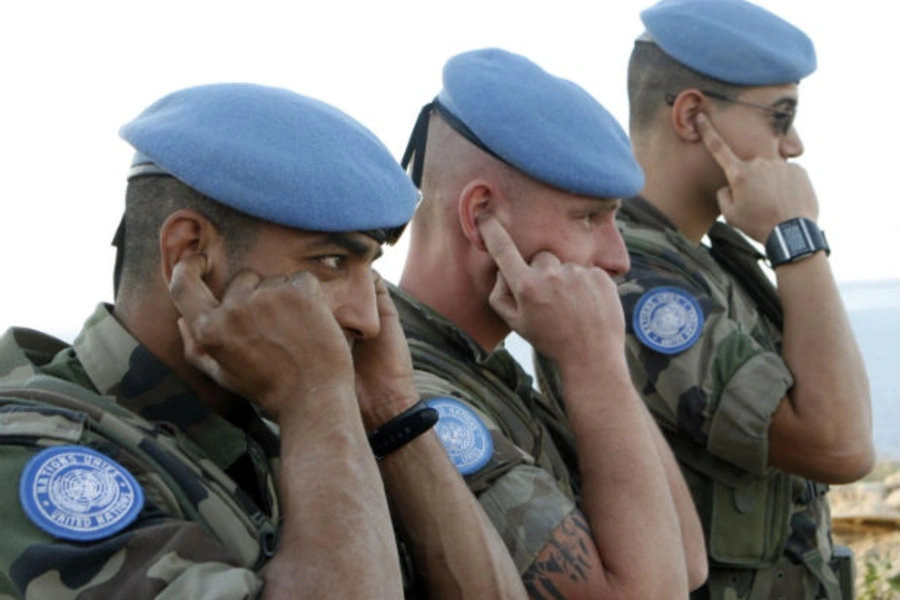Seventy Is the New Fifty: The United Nations Confronts Its Midlife Crisis

More on:
Pity the United Nations (UN), which turns seventy this month. Rather than enjoying a carefree retirement, the UN faces unrelenting demands on its time and resources, being expected to address threats both old (e.g., violent conflict, nuclear proliferation, and infectious disease) and new (e.g., climate change, terrorism, and cyberwar). Like many Baby Boomers, the UN has held up pretty well, at least superficially. Thanks to its binding charter and universal membership, it remains the world’s most important multilateral forum. However, dig a little deeper and the UN’s real problems are not frailties of geriatric life but the psychological complaints of middle age. The world body faces a four-fold midlife crisis—of identity, of relevance, of authority, and of performance.
In an article just published by Foreign Affairs, I take a look at where the UN stands seventy years after its founding. In a world increasingly crowded with capable international actors, I argue, the UN should focus on doing what it does best and doing it well. Read the full article here.
More on:
 Online Store
Online Store
